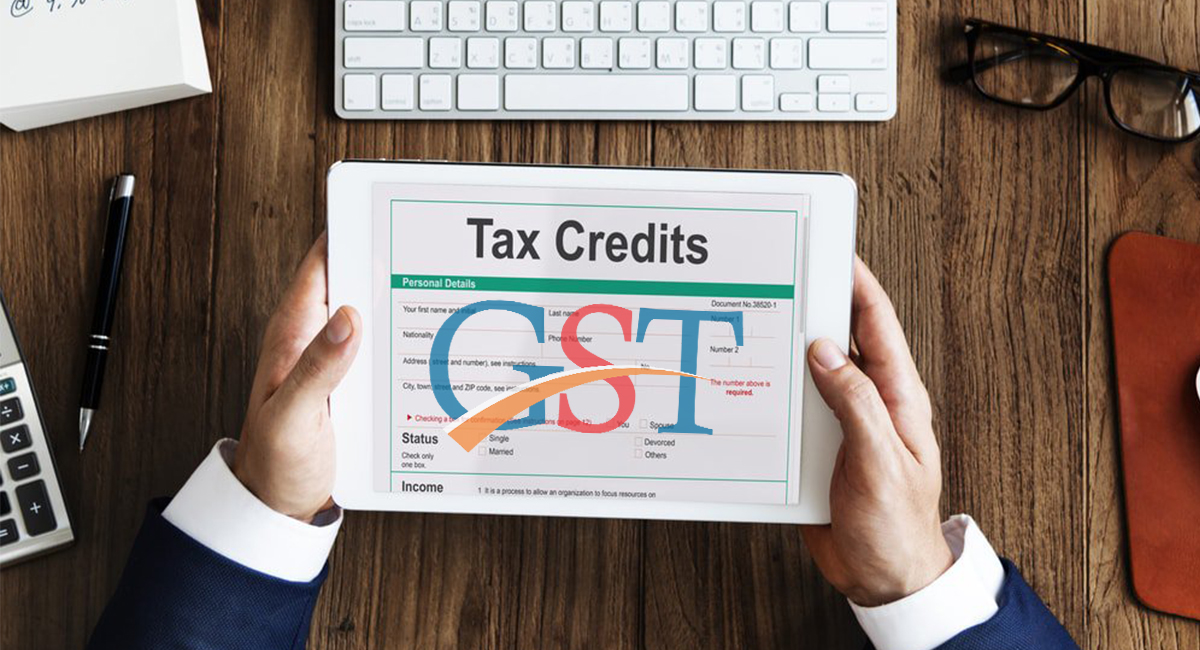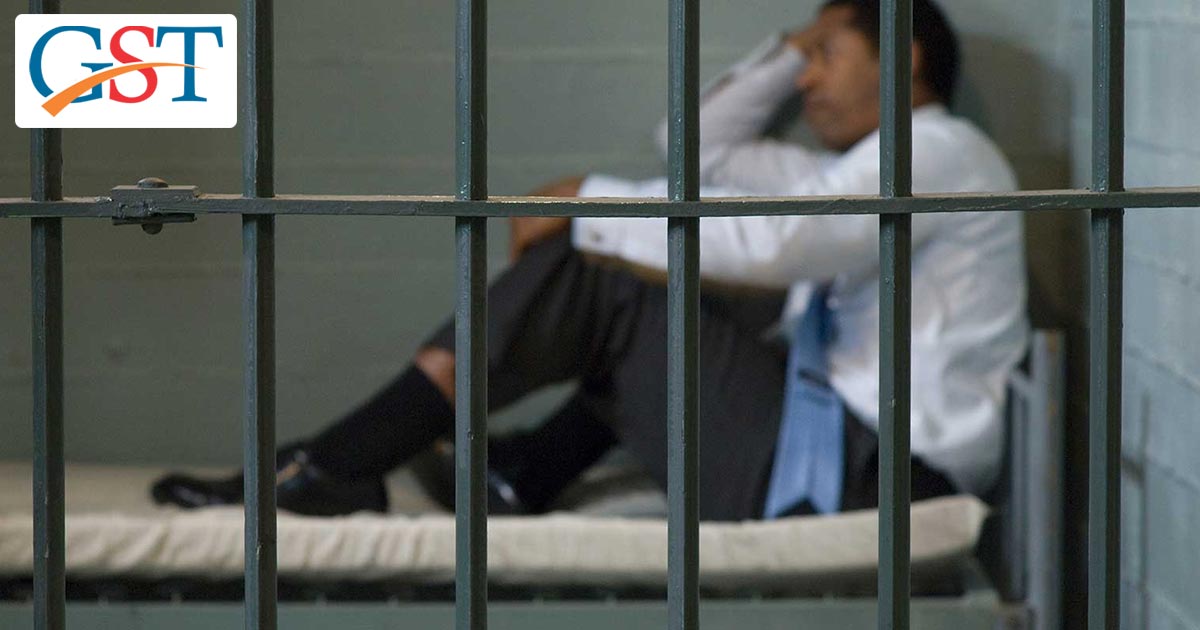Government is pressing pedals for making ever-stringent laws against fraudulent claims, making bogus claims for input tax credit a non-bailable offence at the end of recipients of goods and services is one such step which is going to be introduced in the February 1 budget, that would occlude revenue leakages.
Proposals have been made to augment the Sections 122 and 132 of the Goods and Services Tax (GST) Act by including recipients discovered guilty of committing such fraud under the sections.
At present, no provision that specifies clear-cut measures to behave towards tax-evasion practices is available under the GST regime.
A government official told, “Changes are being proposed to the law to plug issues related to fraud input tax credit.”
The GST Council and the law committee has sanctioned the proposed additions to Sections 122 and 132 of the GST Act. According to these proposals, penalties can be imposed on CXOs, employees, directors who are directly accountable for claiming bogus ITC, in order to curb evasion.
For the bailable offence, the threshold has been kept at INR 5 crores, beyond this limit, the offence will be labelled as non-bailable. Currently, the provision applies to suppliers of goods and services.
“A value-added tax like GST should have explicit penalties to deal with cases where active collusion results in input tax credit frauds,” said MS Mani, partner, Deloitte India. “Such cases by a small community of taxpayers lead to increasing compliance and procedural requirements on all taxpayers.”
Another proposal to equally penalise the beneficiaries of these crooked claims, often harvested through dummy companies, has also been by one of the officials.
So far, many cases of claiming ITC refund 
An official said the names of daily wage earners such as rickshaw pullers and others are being used to open multiple firms that issue invoices without the supply of goods or services to pass on the input tax credit.
According to an official, many firms have been using the names of daily breadwinners like street vendors, rickshaw pullers, etc. to issue invoices in the absence of any actual supply of goods or services to turn over the ITC. These coordinators, who support such deceptive acts, set up for actual suppliers of goods or services to whom these receipts & invoices will be sold out on a fixed amount of money.
The GST Council has also endorsed changes to Section 49 of the GST Act empowering officials to block credit in the case of fraud. This will also be introduced in the budget.
Read Also: List of Goods and Services Not Eligible for Input Tax Credit 
Besides, the proposal to amend Section 49 has also been approved by the GST Council. This proposal authorises GST officials to hold on the credit which results out of fraud and will be introduced in the budget.
As per the experts, such amendments will demand a comprehensive explanation to avert ambiguity.
“While there is a need to have legislative recourse to prevent such instances, it’s important that government issues detailed guidelines as to how and when these provisions have to be invoked so that the possibility of misuse can be minimised,” said Pratik Jain, indirect tax leader, PwC.
